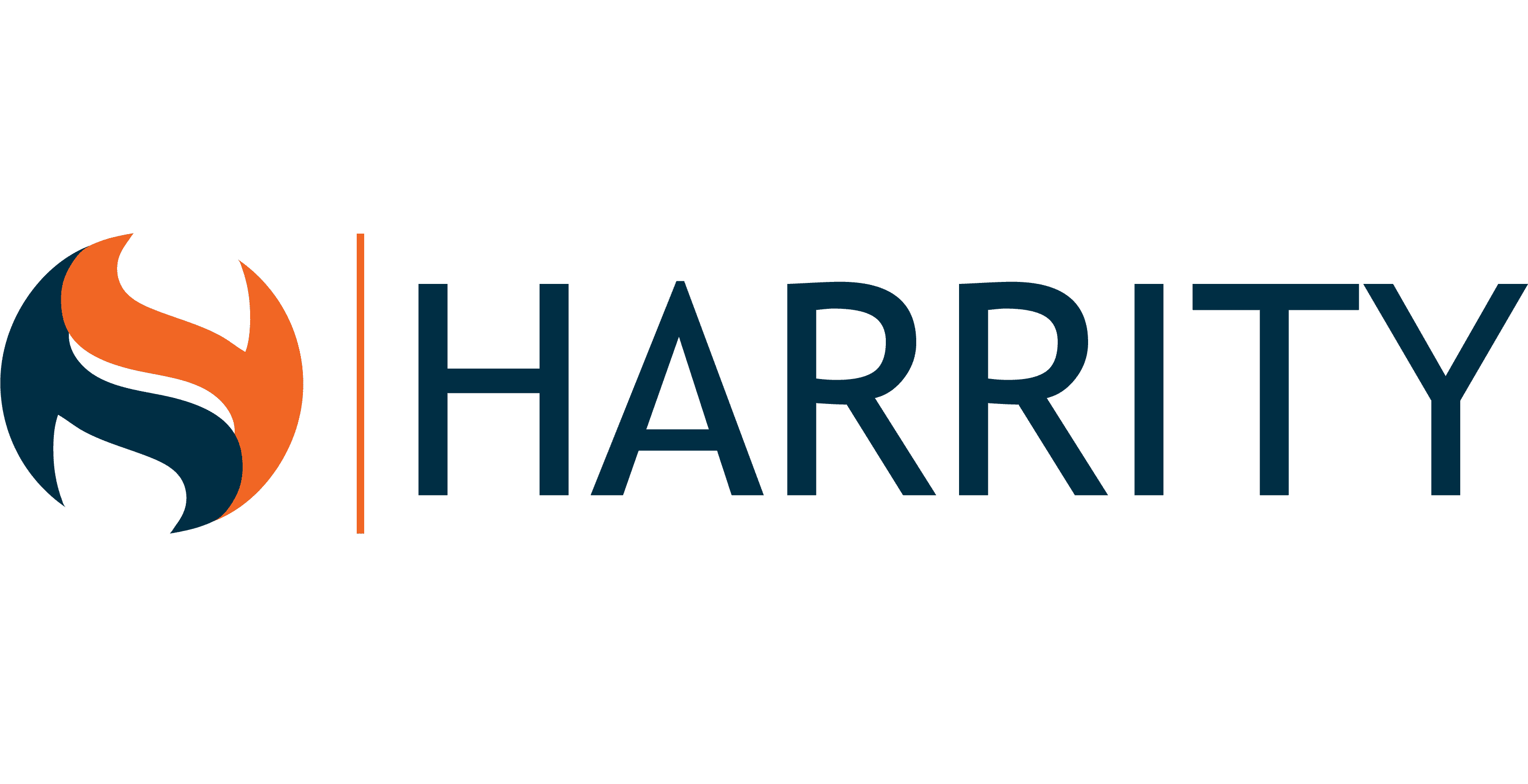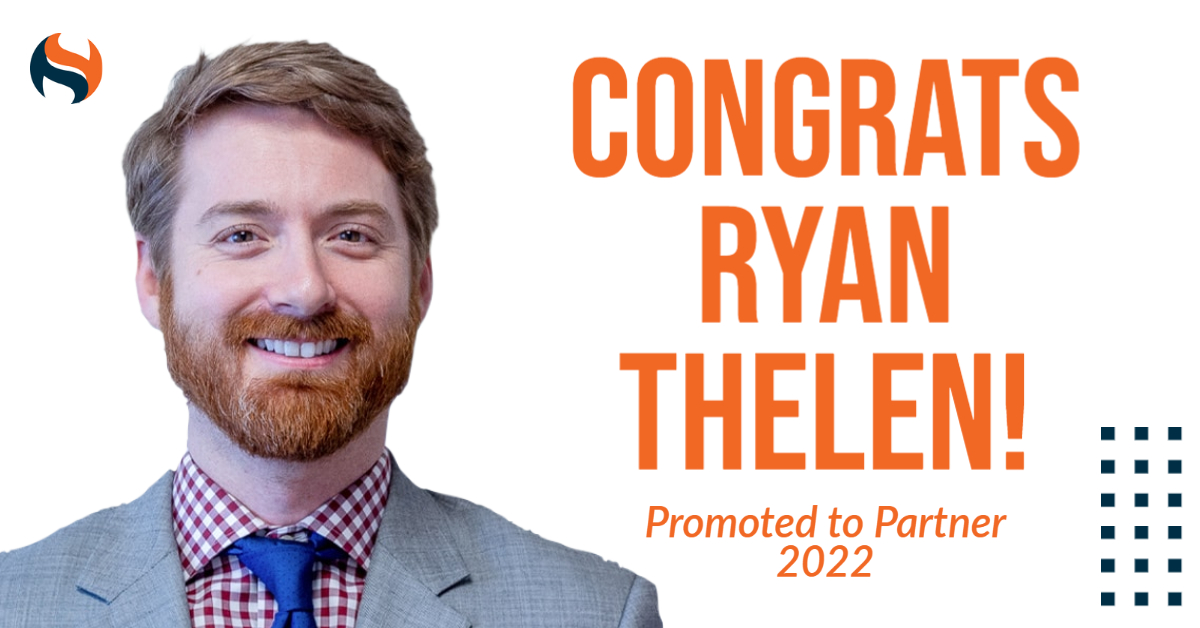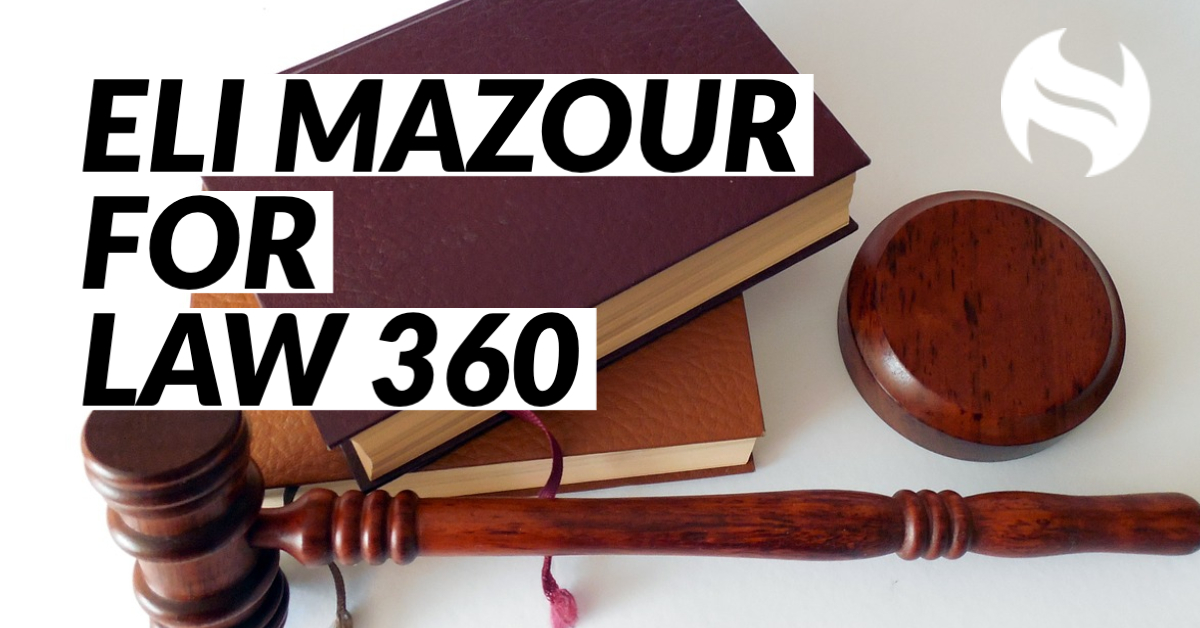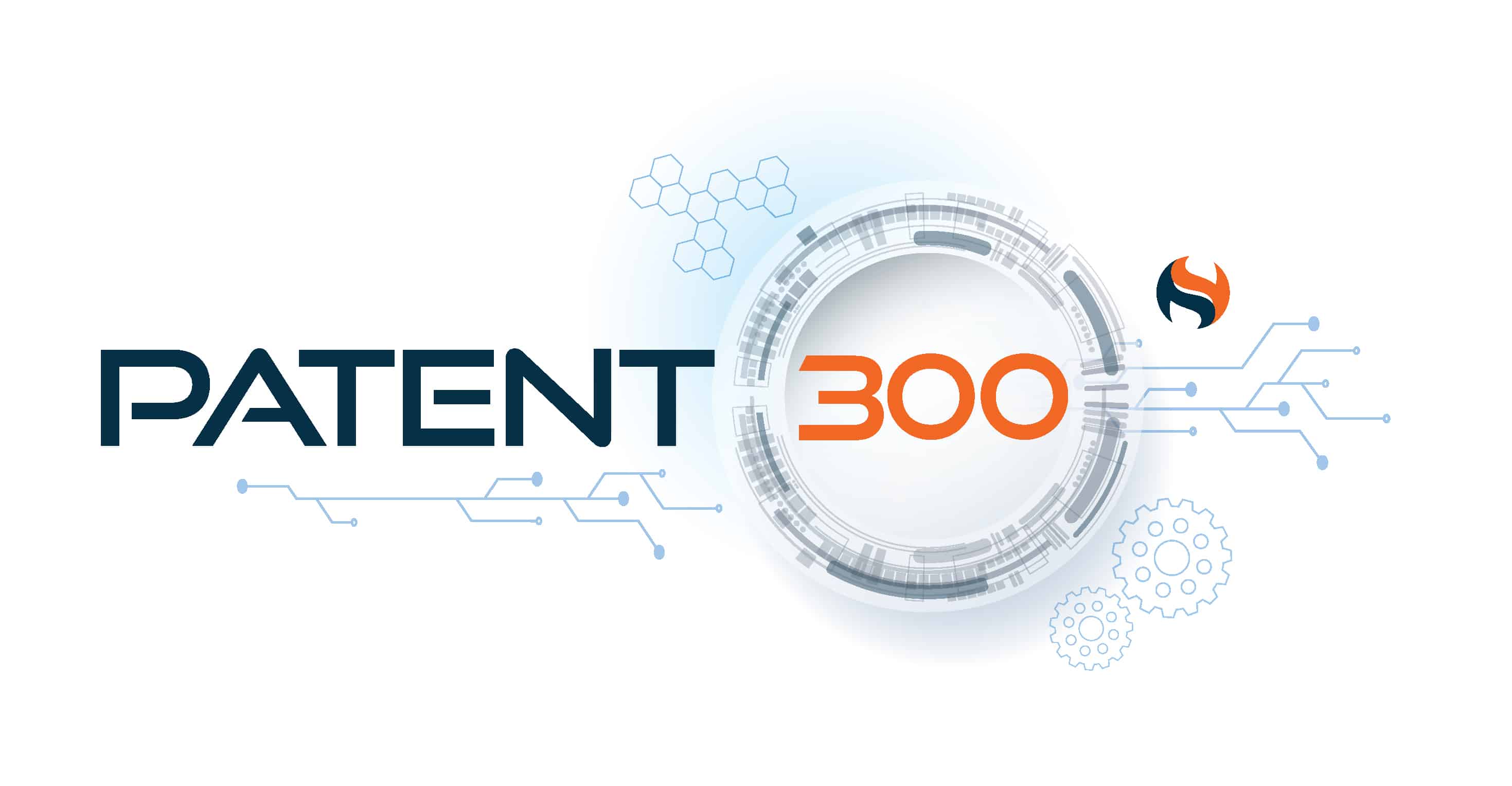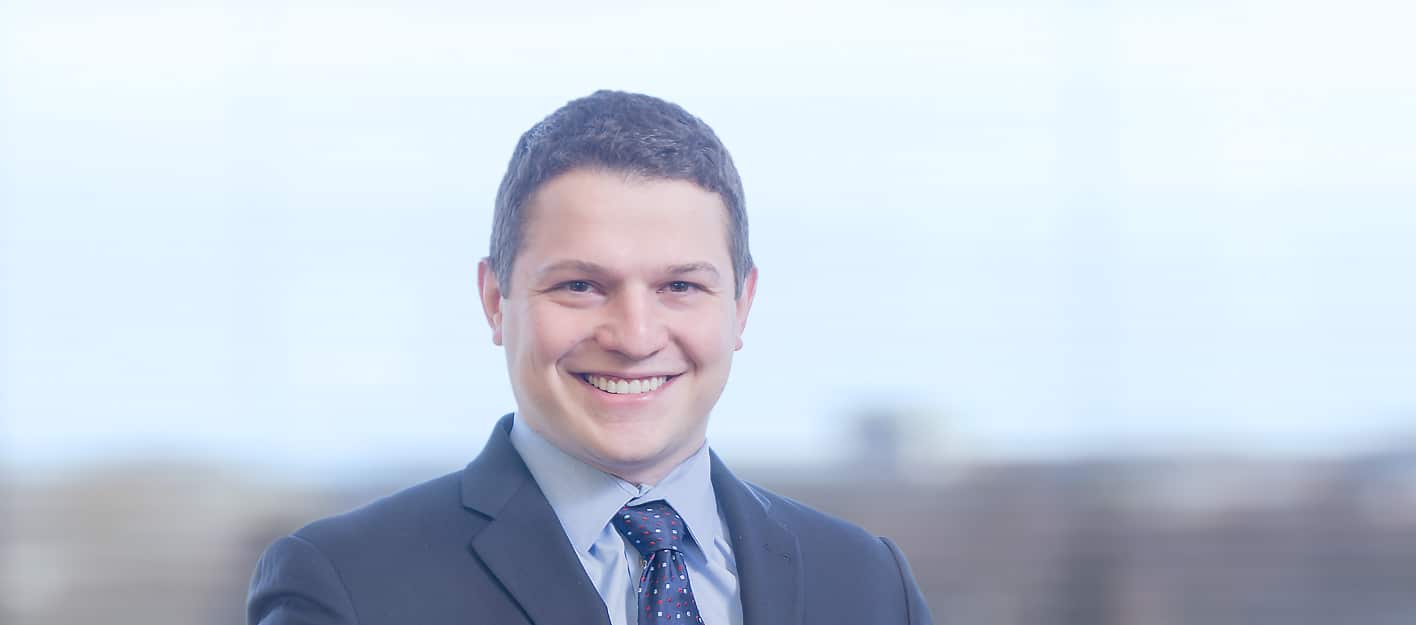Ask A Mentor: How Do I Negotiate Long-Term Flex Work?
By Elaine Spector (September 16, 2021)
Experts answer questions on career and workplace conundrums in this Law360 Pulse guest column series. Have a question you’re afraid to ask your law firm chair, practice area leader or mentor? Submit it anonymously here.
In this installment, Harrity & Harrity LLP’s Elaine Spector offers advice on how attorneys can negotiate a flexible work arrangement that preserves their opportunity to advance professionally at a firm and safeguards their partnership prospects.
Q: As a parent who has enjoyed better work-life balance when working from home, how can I negotiate a flexible work arrangement with my law firm, and ensure the arrangement doesn’t hinder my career advancement, as we plan returning to the office? —Associate at midsize firm
Women have been advocating for change with regard to work-life flexibility for years. Prior to the pandemic, many law firms were reluctant to allow remote work. Often, law firms equate lawyers who want to work remotely with a lack of commitment. As such, if a law firm actually agreed to a remote work arrangement, the lawyer working remotely would often be taken off the partnership track. And then the pandemic hit. Employers, including law firms, were forced to allow their lawyers to work from home. And what did they discover? That lawyers, as professionals, were able to be just as efficient and effective at home. In fact, many firms discovered that billable hours actually increased, as the pandemic eliminated commuting time and other commitments. However, many law firms are still reluctant to embrace the flexibility that would allow working parents, especially women, to thrive both at home and in the office. As offices begin opening back up, here are five tips for negotiating a flexible work arrangement that does not hinder your career advancement.
1. Determine your firm’s revised COVID-19 remote work policy. Before you begin your negotiations, determine your firm’s current remote work policy. Some law firms have taken the initiative to revise these policies prior to opening offices back up. It could be that your law firm has a modified policy that allows for remote work due to health and safety reasons born out of the pandemic, particularly one that does not take you off the partnership track, that you are unaware of. If your firm has not revised its policy or does not formally allow a remote work option, that fact alone doesn’t mean you can’t negotiate one. I was able to negotiate a remote work schedule when my children were very young. It happened during a job transition. A partner that I worked for in the past wanted me to join his new firm. At our first discussion, I asked him if they allowed for a remote work schedule. I was living in Baltimore, and knew that commuting to the District of Columbia five days a week was a deal breaker for me. He said he didn’t know, but that he would find out. The next day he got back to me and indicated that they could accommodate a remote work schedule for my situation. However, if I had not asked, I would not have been offered the option to work from home. So, don’t be afraid to ask about a remote work schedule when it is not clearly offered. You won’t know what options you can negotiate if you do not try.
2. Do exceptional work — become indispensable. It might go without saying that doing exceptional work provides you with a negotiation advantage. Your negotiating power increases dramatically when you do exceptional work and become indispensable to your firm. Not only should your legal work be exceptional, but it is also important to spend time thinking about how you can be a contributor at your firm. Look for high-value, low-commitment opportunities to get involved. This might mean taking on a mentoring role, joining firm committees, planning firm activities, representing your firm in the legal community, participating in external events and more. Designating just 30 minutes per week, whenever possible, to contribute to your firm’s initiatives allows you to maintain work-life balance while making yourself more valuable. Firms are more willing to negotiate with lawyers that they want to keep.
3. Be clear with your intentions. It is imperative to make clear your intentions to stay on the partnership track despite wanting flexibility to work from home after offices reopen. Although I was able to negotiate a remote work schedule, I was not clear with my intention to stay on the partnership track at my previous firm. This led to challenges in my ability to climb the ladder, like many women on flexible schedules face. When I interviewed for my current firm, I explicitly asked how working a remote and reduced-hour schedule would affect my ability to become partner. This outlined my intentions for the interviewer and compelled them to provide a clear answer about whether I would be treated differently based on my flexible status, rather than on my skills. Fortunately, I was told that it would not affect my partnership track whatsoever — a response that held up when I made partner just two years later. Do make it clear in your negotiation that working remotely does not equal a lack of commitment or a desire to abandon the partnership track, or whichever other career goals you are working toward.
4. Stay connected virtually. Relationship-building is the core of culture, inclusion and, ultimately, success at your firm. It is critical to continue to build relationships in the remote work environment. If you plan to work remotely either a few days a week or full time, I recommend having weekly virtual video meetings with the members at your firm you would typically interact with in an office setting. This type of face-to-face interaction is so much more engaging than a telephone call, as we have all experienced during the pandemic, and can allow for better communication through gesture and expression. When holding the video call, put an emphasis on personal connection. You can talk about your life to whatever extent you feel comfortable sharing, whether it be your weekend, your family or a new TV show, just as you would in the office. This watercooler talk, untied to any pressing work matters, will transform your internal relationships.
5. Find a firm that supports your family values and career goals. I began working remotely a few years before the pandemic hit. My firm allows for any lawyer at the firm, regardless of the numbers of hours they work or whether they show the requisite face time in the office, to make partner. And I did — remotely. Many of my female colleagues at other firms have reached out to me to ask: How can we keep the remote work going? How do we continue to develop relationships and culture within our firm? And how can someone make partner while working remotely? It is wonderful to be at a firm that unequivocally supports remote, flexible work. If your firm does not support a remote work schedule and is unwilling to compromise after you have a candid conversation, it may be time to consider switching employers. Regardless of your stature at your current firm, if they do not respect your need for flexibility, it will be hard to be fulfilled.
Be open about finding a law firm that supports you where you are and what you need to be happy. After all, happy workers are more productive workers. As a mom who just dropped off her first child at college, I know that the time you have with your children is limited. Don’t ever sacrifice that time for a rigid policy of your employer. So many law firms are embracing this new way of working. Why be stuck at firm that is living in the dark ages?
Conclusion It is far past time to shift perspectives from the old, rigid mindset of the traditional firm, to one that embraces a more diverse and flexible workforce — one where we, as parents, don’t have to give up the important job of raising our children, while also providing top-quality service to our clients. Lawyers should not be excluded from partnership because they work remotely or are on flexible schedules. An attorney can contribute just as much to the success and advancement of the firm, its culture and its future without physically being in the office. In fact, the benefits of working a flexible schedule may contribute to more growth and innovation in the firm. Flexibility is essential for advancing talented women and other lawyers seeking balance in their life and careers. Good luck with your negotiations!
Read more at Law360.com.
